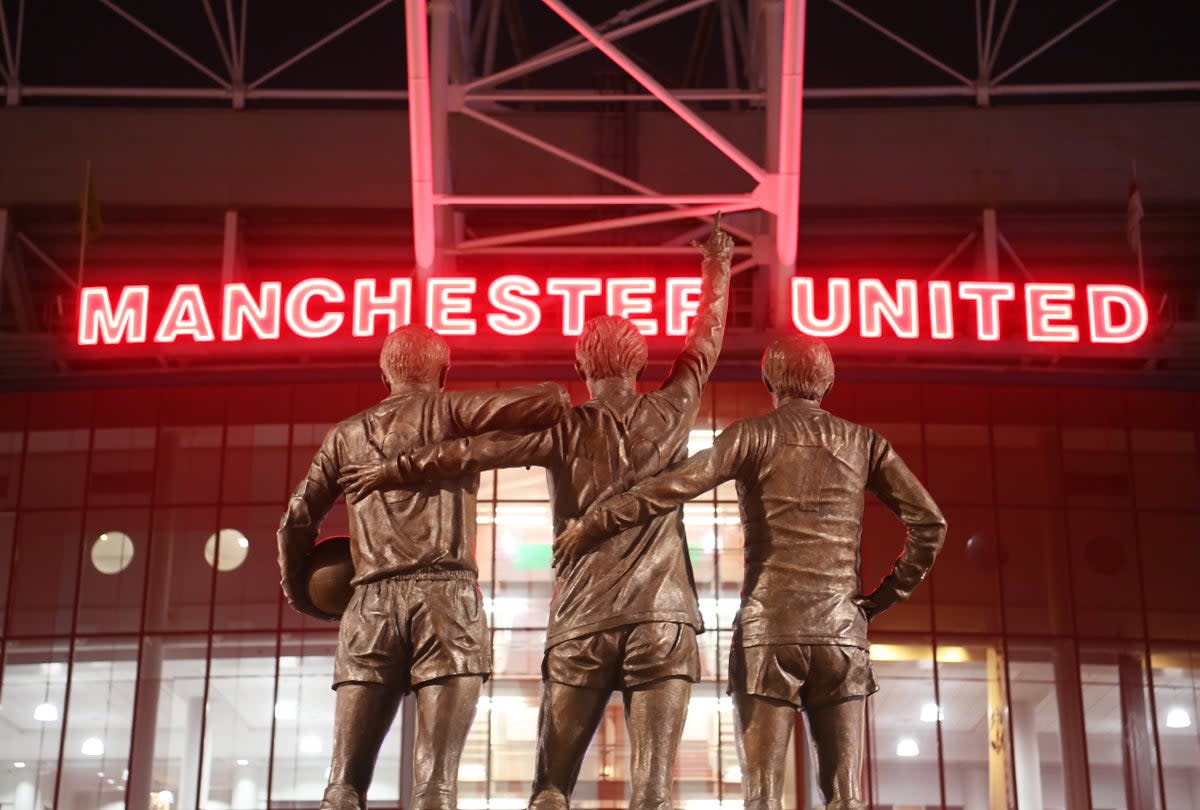Manchester United sale: Glazers consider minority sale as bids need to go higher

The Glazers are considering minority offers for Manchester United, as the protracted sale of the club enters its second stage with all bidders so far considerably short of the desired value.
The initial bidders, who include Qatar’s Sheikh Jassim bin Hamad al-Thani and Sir Jim Ratcliffe’s INEOS, are now waiting for responses from Raine Group but all offers for 100 per cent of the club were considerably below the desired fee. Elliott have meanwhile denied an earlier report that they wanted to buy 60% of the club.
The first offers submitted at last month’s soft deadline were no more than £4.5bn but, while there had been an initial feeling the Glazers would accept £5bn, it is understood that figure is actually £6bn.
There is nevertheless said to be a bullishness around the Al Thani bid, which would represent a Qatari state project. One feeling is that Qatar will ultimately pay what it takes to secure a prize asset that would have immense political value, but the fear among a number of interested parties for some time has been that the Glazers would ultimately just seek minority investment.
There is not full agreement among the siblings, with Joel and Avram Glazer desiring to either keep the club or keep a stake in the club. The latter made a conspicuous appearance at Wembley for the Carabao Cup final win over Newcastle United.
Elliott Management, who until last summer owned Milan before a takeover from RedBird Capital Partners, are meanwhile one of the groups who have offered financing as the Glazers also consider what to do with Old Trafford.
United have been in talks with architect firm Populous about what can be done with the stadium - in terms of either redevelopment or total reconstruction - and it has been central to the takeover process given how greatly a modern ground would increase the value of the club.
Bidders have pointed to how the Tottenham Hotspur Stadium has added at least £1.5bn to the value of the north London club, as the arena has become one of the primary entertainment venues in Europe.


